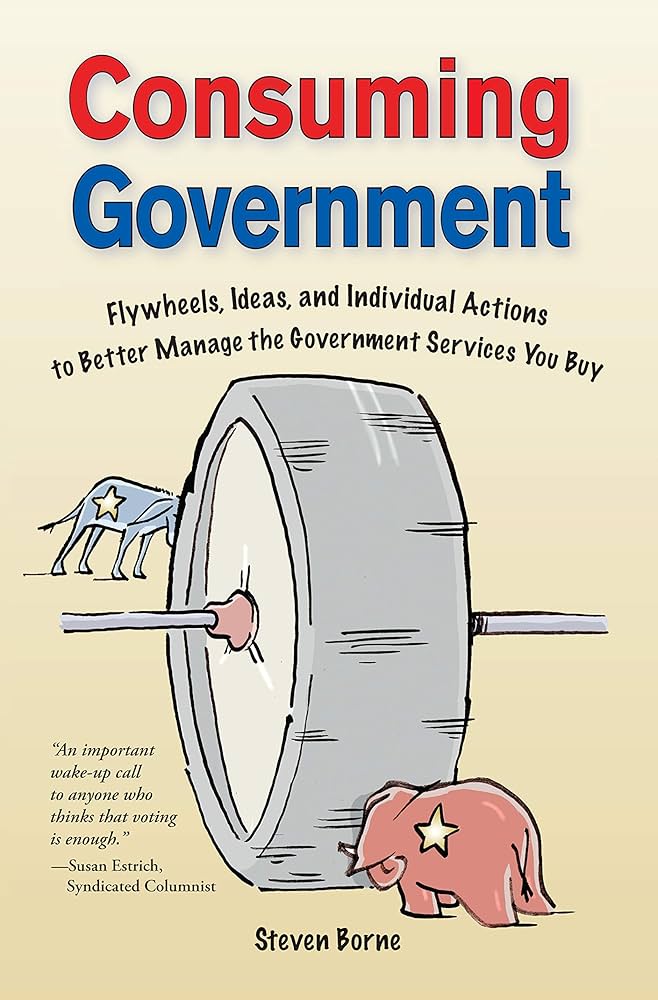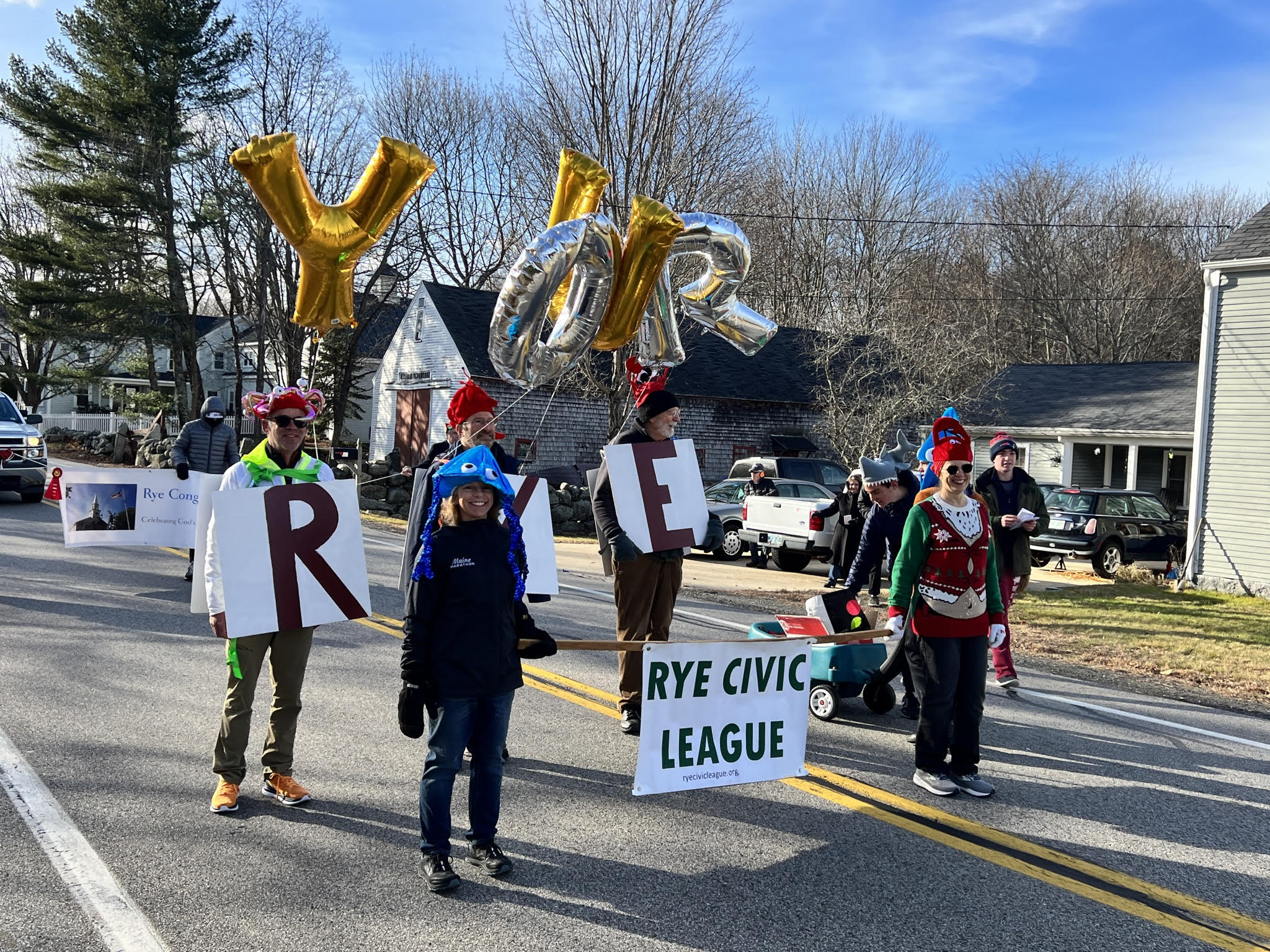By Steven Borne
There seems to be national agreement that the various levels of government in our country do not provide the best service and are overly expensive. Yet, we cannot place all the blame on politicians, they are supposed to work for us.
Our federal government is the largest corporation in the world. Excluding state, county, and local government spending, federal annual expenditure exceeds the combined annual revenue of the world’s top twelve global corporations. That massive ship will not turn easily. When considering reform, the goal should not be merely cutting spending or making government more “efficient,” as is often argued. Instead, we should focus on making government more cost-effective.
 A business must be efficient to drive profits. Government, however, is more like a nonprofit. It exists to provide the services we collectively agree are needed. As citizens, it is our responsibility to ensure those services are delivered effectively and at reasonable cost.
A business must be efficient to drive profits. Government, however, is more like a nonprofit. It exists to provide the services we collectively agree are needed. As citizens, it is our responsibility to ensure those services are delivered effectively and at reasonable cost.
Politics is not a dirty word. It is the process of determining which services we need and are willing to pay for. Our democratic system is the mechanism through which we ensure those services are delivered cost-effectively. While some would emphasize that we live in a representative republic, it is both our money and our job to be responsible consumers of the government services we fund.
We are the ones who have allowed government waste, ineffective services, and rising national debt. We, the people, are the responsible party. Our role goes far beyond voting. As Alex Herlihy, Vice President of the Rye Civic League, says, “Voting is the period at the end of the democratic sentence.” We often focus on the “period,” which is voting. We should also think about what makes up the rest of the democratic sentence.
Consider a board of directors, whether for a corporation or a nonprofit. Board members do not appoint executives and then disengage until the next election. A good board stays involved by setting goals, monitoring progress, and asking tough questions about major changes. Voting is just a small part of their responsibilities.
We, the people, need to be a much better board of directors. It is not going to happen overnight, and the best place to rebuild or develop those skills is locally. No one person needs to embody every word of the democratic sentence. We all have interests, talents, and experiences to contribute. The challenge is to get off the couch and get involved. While elected and appointed positions are limited, there is no shortage of ways to help manage our government services and infrastructure investments. I have been doing just that for over fifteen years with the Rye Civic League.
 Few communities are fortunate enough these days to have vibrant local newspapers that keep residents informed about government and services. Our small coastal town in New Hampshire is not one of them. That is what motivated Alex Herlihy to restart the Rye Civic League (RCL), with a mission to educate and inform residents so they can better manage local government services. Herlihy shares more about the RCL in this National Civic Review article.
Few communities are fortunate enough these days to have vibrant local newspapers that keep residents informed about government and services. Our small coastal town in New Hampshire is not one of them. That is what motivated Alex Herlihy to restart the Rye Civic League (RCL), with a mission to educate and inform residents so they can better manage local government services. Herlihy shares more about the RCL in this National Civic Review article.
Every community should have tools like those produced by the RCL. One is the free monthly Civic News email, a short, digestible summary with links to meeting minutes, recorded videos, and key documents. We start with the top ten items, which we also turn into short social media videos. The Civic News covers highlights from the Rye Select Board, School Board, Planning Board, and other committees. Monthly open rates average in the high sixties, and some months see more than 20 percent clicking for more information.
When newcomers move to your town or city from places with different local government structures, what is your process for helping them become civically engaged taxpayers—buyers of services? Most communities have none. The RCL produces a Citizens’ Handbook explaining how the town is structured and operates. We also create election support tools, host candidates’ nights, organize Civic Fest (a lunch event to meet local leaders), and produce an annual Civic Budget Presentation. These are tools every community needs.
Who can read or understand the annual town or city budgets? They are often too large and lack analysis, making it hard for busy people to assess whether services are cost-effective. The Rye Civic League explains not only how tax rates are determined but also the long-term trends and fiscal direction of town and school spending—far beyond spreadsheets showing simple increases or decreases.
Understanding trends and financial dynamics is just the beginning. The next step is asking whether services are effective and meeting expectations. Even if you are satisfied with your police, public works, or library, it is worth asking: Is a comparable town paying less and getting more? Are these the services we truly need? Could we do without them? Are other services more aligned with current needs?
Across the political spectrum, there are core services we all agree on. I call these “common denominator” services in my 2019 book Consuming Government. Communities should start by asking tough questions about these services: Are they meeting our needs? Are others paying less or getting more value?
Take education, for example. The focus should be on students being prepared to succeed. The key metric for a high school is not how many graduates go on to higher education, but whether they are ready for whatever comes next, whether college, military, trades, or local jobs. Are we getting that feedback annually and adjusting accordingly, knowing the world does not stand still?
Employment success is not the only measure of effective education. Our youth must enter adulthood with a solid understanding of civic responsibility. They should graduate not only registered to vote but also equipped to engage in public meetings and have civil conversations with people who see the world differently.
Though our nation is divided, we can unite around the goal of delivering cost-effective local government services. A successful county will have an economic edge over its neighbors. States that deliver services efficiently may earn voter trust to expand offerings. A nation that runs its executive functions effectively will have a global advantage in producing goods, providing services, and a rising quality of life.
Politicians will not make this happen. Rising prosperity depends on individuals choosing to invest time, effort, and skills in being engaged, responsible citizens. There is no universal playbook; every community has unique challenges and people with diverse interests and abilities. What matters is getting started. This will attract technological investment and foster coordination among foundations, universities, and democracy-improvement groups.
So, what are you going to do now?
Steven Borne is president of the Rye Civic League, a member of the local budget and planning boards as well as several New Hampshire focused non-partisan groups. In his book Consuming Government, Borne lays out a vernacular for organizing our challenges and puts forth numerous ideas for citizens to build from.



